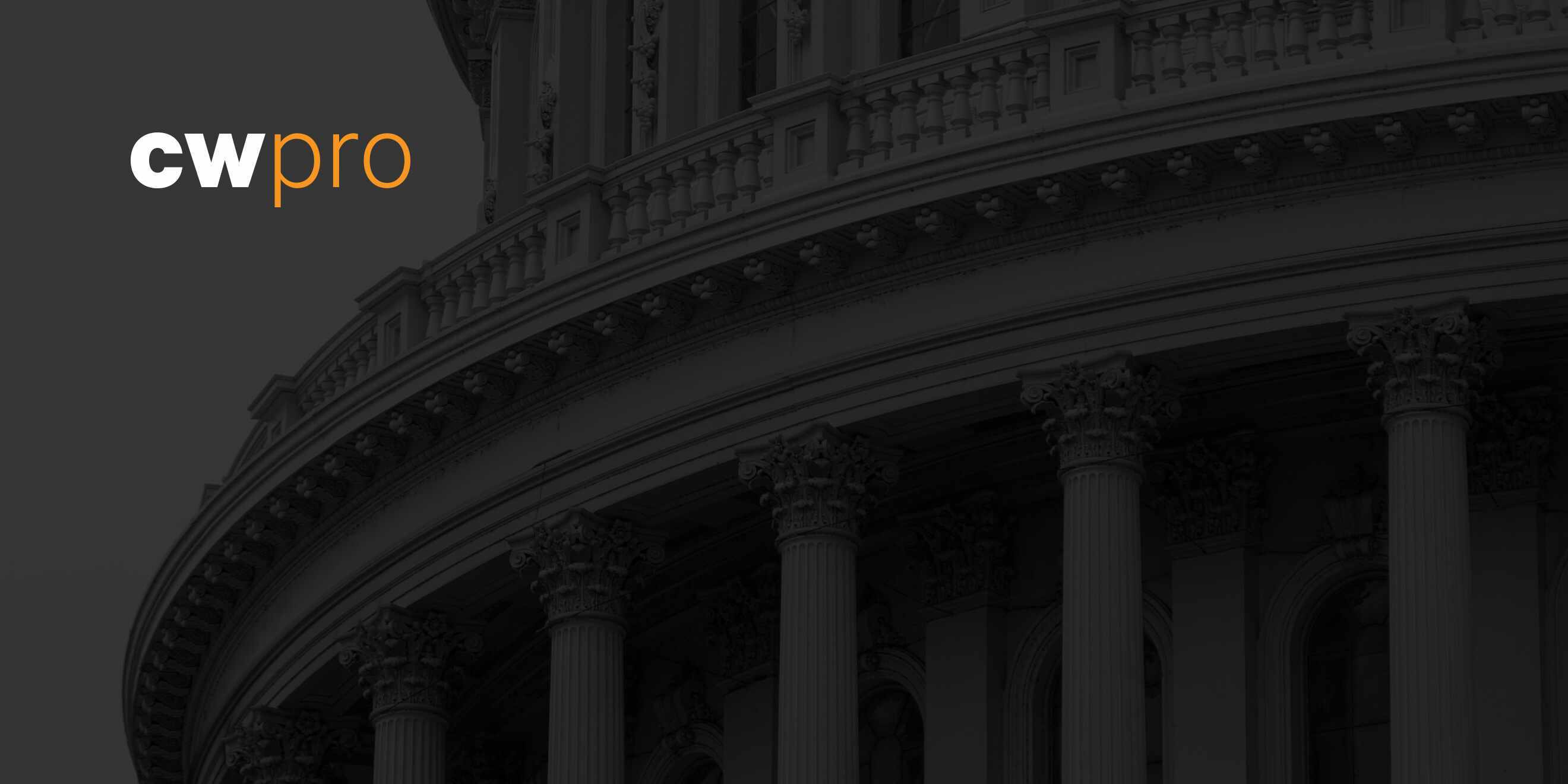At a glance.
- Meta pulls news for Canadian users.
- Australian Senate committee recommends banning WeChat.
- Could the California Delete Act set a precedent for other states?
Meta pulls news for Canadian users.
Tech giant Meta announced yesterday it will no longer be offering news to Canadian users on social media platforms Facebook and Instagram. As Reuters explains, the move is in response to the Canadian parliament’s recently passed Online News Act, which states that online platforms must negotiate commercial deals with Canadian news publishers in order to display their content. Rachel Curran, Meta's head of public policy in Canada, stated, "News outlets voluntarily share content on Facebook and Instagram to expand their audiences and help their bottom line. In contrast, we know the people using our platforms don't come to us for news." After the law was passed, Meta stated that news has no monetary value for the company, as news articles account for less than 3% of the content on its users' feeds.
The Canadian government has condemned Meta’s actions. In a statement, Canadian Heritage Minister Pascale St-Onge called Meta’s decision “irresponsible,” adding, “They would rather block their users from accessing good quality and local news instead of paying their fair share to news organizations. We’re going to keep standing our ground. After all, if the Government can’t stand up for Canadians against tech giants, who will?” It’s worth noting that the Online News Act is similar to a 2021 law passed in Australia, and in that case, while Google and Facebook threatened to remove their services, both companies eventually found a way to work with the Australian government.
Australian Senate committee recommends banning WeChat.
Speaking of Oz, Australia’s Committee on Foreign Interference through Social Media issued a report yesterday recommending that a rule banning TikTok from federal devices be extended to Chinese-owned social media platform WeChat, APNews reports. As well, the committee says social media platforms should be required to be more transparent about their operations, and violators will be fined. Committee chair James Paterson told reporters, “It tackles both the problems posed by authoritarian-headquartered social media platforms like TikTok and WeChat and Western-headquartered social media platforms being weaponized by the actions of authoritarian governments including Facebook, YouTube and Twitter.”
Established last year, the Committee is focused on fighting threats posed by China and other authoritarian regimes through online misinformation and disinformation campaigns. Chinese-owned video streaming platform TikTok has already been banned by several Western governments, and WeChat, which is popular with the Chinese immigrants living in Australia, is receiving similar scrutiny. WeChat owner Tencent issued a statement saying, “While we disagree with the depiction of WeChat in the report, we will continue to work with stakeholders in Australia to address any further concerns and ensure Australians can continue connecting with others through WeChat.”
Could the California Delete Act set a precedent for other states?
The US state of California is considering a new privacy bill intended to make it easier for residents to keep their personally identifiable information (PII) out of the hands of data brokers. As Dark Reading explains, the California Delete Act could set an example for other states looking to protect user data from being bought and sold for profit. Currently, California residents can ask data brokers to delete any info they’ve collected directly, but this does not include data collected from third-party sources. The California Delete Act addresses this gap by requiring all brokers to register with the California Privacy Protection Agency. As part of registration, they would disclose all the user information they collect, and provide users with a one-time universal opt-out process.
Essentially, the process will create a "do not track" list similar to the federal "do not call" list that protects users from annoying robocalls. While the bill is limiting brokers’ access to user data, some brokers could prefer this more simple approach over the current system, which requires them to navigate a complex and costly web of contradicting and overlapping rules for different jurisdictions. If the California Delete Act passes, other states will be given a template for more efficiently giving users more power over what happens to their data. The bill was already approved at the California Senate by an overwhelming majority, and with the support from reproductive rights groups like Planned Parenthood, it has a strong chance of becoming law.
